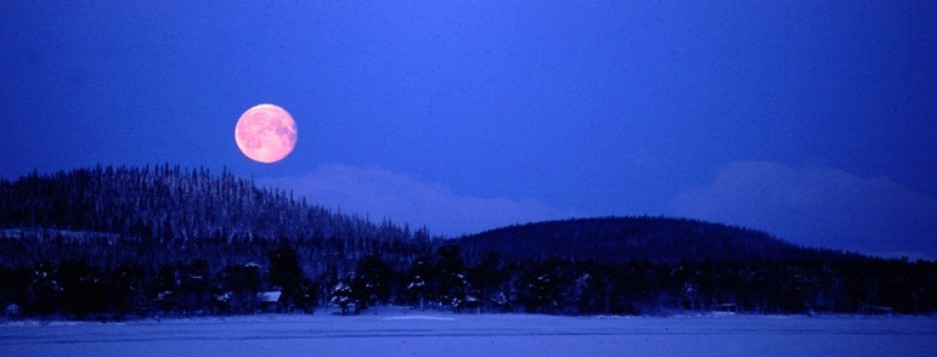category: one-act
genre: comedy
running time: an hour and twenty minutes
setting: various locations in and around an American high school
period: contemporary
characters:
Jill, a teenage girl
Enjolras, her boyfriend
David, his best friend
Marina, his girlfriend
Richard, a closeted gay boy
Helena, his best friend
William, the fourth wheel
Lear, a psychiatrist
Jill 2, Jill, ten years down the line
story:
Jill and her friends are all seniors in high school, having dreams about the world ending and struggling with their fears of growing up and moving on from the familiar shelter of their adolescence. Enjolras, in particular, is causing Jill a great deal of heartbreak, and as the prom nears all the kids find their relationships in flux. After a bout of therapy and Prozac fails to turn Jill’s life around she begins dreaming of conversations with an older version of herself whose advice finally allows her to do the impossible: go to prom alone. Even this doesn’t solve all her problems, but as the school year draws to a close she realizes she may never have all the answers and that the point of growing up is learning to be okay with that. Armed with her new sense of self, she looks forward to the future, knowing she can carry the past with her as a source of strength.
author’s comments:
This was the first “real” play I wrote, in the sense that it was the first time I wasn’t trying to be funny or profound, but just express what was in my heart and head through dialogue, characters and narrative. Naturally, I wrote it during the final days of my senior year of high school, and when I re-read it now that makes it both wonderful to remember and difficult to digest. There are all kinds of immaturities in the script, in the humor, in the ideas presented, and there are also all kinds of surprising insights and wisdoms, but what really nails me is how utterly genuine it all is. Truthfully, you should only write about teenagers when you are one, and the unabashed insecurity and charm of people in their late teens is something I wasn’t able to reproduce a mere five years later when I revised Attack of the Killer Space Zombies– which is really a much better play but those kids aren’t kids, they’re grown ups in high school. The kids in Rumpelstiltskin really are eighteen and when you watch them stress over prom you don’t think, “Come on, it’s only prom,” you think, “Oh my God! Prom WAS so stressful!” For that reason, the play kind of has limited production possibilities- most companies aren’t looking for a show that has two adults and requires seven eighteen year olds who can carry an eighty minute show. The script is too dirty for high schools- the kids cuss up a storm, there’s some pre-marital sex, lots of underage drinking, and (God forbid) some smoking. And yet I won’t revise it, because it really is exactly what it sets out to be: a photograph of that time, framed by a young woman’s tentative and scared view of the future. Speaking of said young woman, I really like the character of Jill, and in my list of heroines she remains one of the best. Actually, all the women in the show are good characters, with the men being more or less interchangeable, though Richard has some of that longing and insecurity that would later come to characterize a lot of my gay male characters. Lear is a riot but totally ridiculous, just a caricature devoid of any pathos and very reflective of my general attitude towards the “put them on Prozac” style of therapy that was very in vogue in 1996. The structure of the play is also a precursor to my later work, with its combination of short fast scenes, monologues, and narrative it really heralds Dead Frat Boys, Wild Blue Peaks, Speak To Me, Polyxena In Orbit and Everybody Here Says Hello! Regarding theme, you can see the birth of one of my favorite subjects to write about: the blessing/curse duality of nostalgia, and how it functions in our lives. Learning to let go of the past without forgetting or abandoning it is something I am still writing about, and Jill’s fear of dishonoring her love by looking to the future remains very resonant with me, and I’m guessing many other people. When this play was performed in public for the first time, the majority of the audience was adults well beyond their teens, but the response was overwhelmingly favorable and I suspect it was the nostalgic quality of the play. There comes a point in our lives where we can not only look back happily, but where we even like to do so, because we can look back without hurt. It’s occurred to me it might be fun to write a companion piece to Rumpelstiltskin, where everyone is reunited a decade down the road, but sometimes we’re better off not knowing what happens, and I suspect we’d only find that Jill’s journey still has just barely begun.
Staged Readings:
Old Pueblo Playwrights, January 5, 1997, part of the 1997 New Play Festival at the Tucson Center for the Performing Arts in Tucson, Arizona. Directed by Debra Billman Weitzell; Lighting & Sound by Mark Watson; Scenery built by Valente Valenzuela. Cast: Jennifer Fisk (Jill), Valente Valenzuela (Enjolras), Je (Richard), Elizabeth Woodhams (Helena), Wylie Herman (David), Valerie Feingold (Marina), Michael Coomer (William), Debbie Ruben (Jill 2), Duncan McGregor (Lear)
